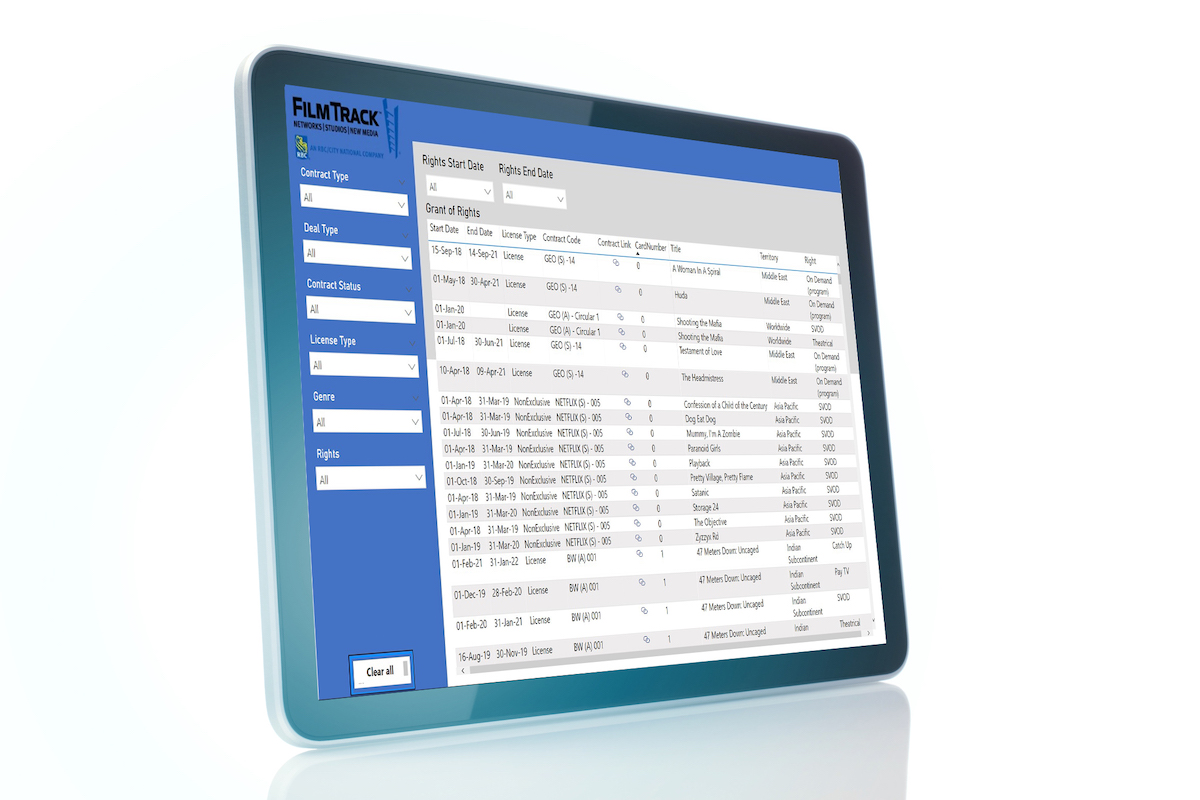Whether you're dealing with television, the big screen, radio, or other means to showcase creative content, the medium dictates how you can tell a story. And mediums and storytelling are undergoing rapid changes right now.
Storytelling Is Evolving
In prior decades, pop music singles were two and a half minutes long, films were “three-reelers”, and half-hour and hour television programs were the norm. These formats were molded by ad-supported and even physical requirements (i.e., films used to be three metal reels long). Those formats had their own rhythms – unresolved conflict helped keep TV series going, and the beginning, middle, and end of a film were an obvious progression.
Today’s storytelling, however, is more natural, organic, and not necessarily confined to half-hour comedies, one-hour dramas, and the like. Syndication is no longer the holy grail in television. Advertisers like Crest and Colgate don’t drive the content. You can now conceivably make - and sell - an eight-hour film – if you have a story that takes eight hours to tell.
Additionally, the gap between episodic and film is quickly disappearing. The two are no longer considered separate industries. In the past, you either worked your way up to film from TV, but you rarely worked both at the same time. We now have A-list directors, producers, and actors migrating from film to television and back again.
Today’s Rights Management Landscape: A Decade of Change Accelerated
The pandemic accelerated changes that have been coming for years – the collapse of the theatrical window and things moving to video-on-demand for example – compressing changes that would have happened over ten years or more, into just a few years.
Now every major player has a video-on-demand platform, whether it’s a sell-through platform like iTunes, where users can purchase something to watch, a subscription-based platform like Netflix or Amazon Prime, or a combination of both. In addition, due to the proliferation of streaming, and new players on the field like A&E and others now creating their own content rather than just distributing the content of others, there is an ever-present thirst for content.
Because of these changes, rights management and calculating royalties has become an increasingly complicated process. There's territory, channel, date, and exclusivity to track, and all these variables must be carried over to the general ledger. These different models change how individuals are compensated, and various providers require different data. When managing digital rights becomes this complex, it naturally impacts where the money comes from and how companies must track it.
How Entertainment Rights and Financials Must be Tracked Today
The move toward video-on-demand and the electronic distribution of content as opposed to ad support and selling movie tickets means everything is now trackable, knowable, and more transparent. This transparency helps ensure that everybody gets paid what they’re owed on time. It’s a different business now.
Media companies must find ways to efficiently keep track of all their rapidly evolving content rights with something other than their home-grown management systems – typically involving spreadsheets. Tracking all these moving targets using methods built for yesterday’s distribution model is a tremendous challenge. In addition, the globalization of content and increasing complexities of content rights have rendered those methods no longer viable.
Instead, efficiently tracking rights now requires a calculation of potentially billions of rows of data that must be analyzed quickly, cost-effectively, and at scale. Add to that the increased complexity of episodic data, and suddenly, there’s a nesting hierarchy to the IP itself – series, season, episode, and maybe even clip. To plan strategically, companies must also accurately estimate consumer demand for their content, requiring entertainment rights management systems to include ways to assess content performance across all platforms in every country. The knowledge of those availabilities and the corresponding financials becomes even more complicated with the proliferation of platforms.
Storytelling has evolved. To manage the complicated rights associated with it, companies need a platform that will allow them to stay on top of all their rights and the corresponding financials so that they will never miss a payment or lose sight of an opportunity to leverage a title.
Today’s entertainment rights management requires more than just a calculator that will crunch numbers, but complex problems don’t necessarily require complex solutions. Easy-to-use platforms with financial managers built right into a rights management system have the power to handle it all.
How FilmTrack Helps Studios and Entertainment Companies Easily Manage Entertainment Rights
FilmTrack's rights management platform provides an innovative, efficient, and secure solution that:
- Helps your finance team keep up with payments and monies owed, despite the countless variables
- Lets your sales team quickly determine what is at their fingertips to sell
Let us show you how! Check out our latest case study showcasing the features and tools we give you to manage rights in today's entertainment landscape.



